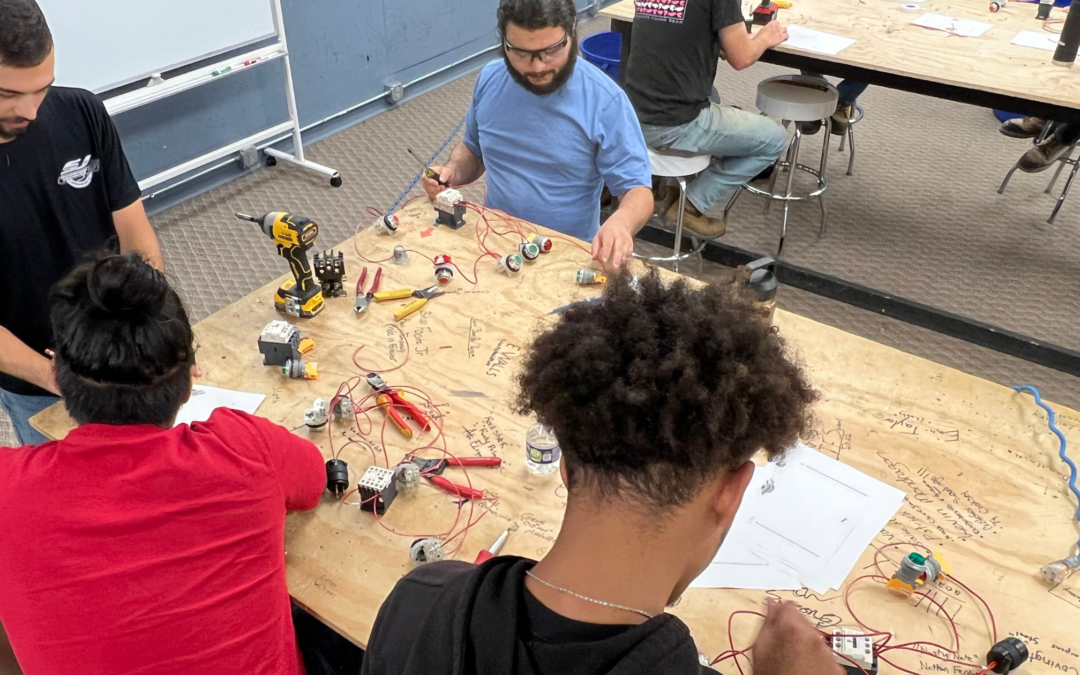Are you considering attending a trade school, but unsure about which one to choose? Many people face this same dilemma and it can be confusing – where do you start? With so many factors that play into choosing the right trade school for your needs, such as cost of tuition, the quality of education provided, or the availability of courses within a particular program – it’s easy to become overwhelmed. To help make navigating this decision easier, here are three key questions that will guide you in deciding on the right trade school for you.
What are your career goals and how does a trade school help you achieve them?
Career goals are the objectives that individuals set out to reach in their professional lives. They can vary greatly depending on the individual, but can range from long-term aspirations such as owning a business or becoming a manager, to short-term goals like mastering a certain skill or obtaining an entry-level position. A trade school is an educational institution that specifically focuses on providing students with training and experience in a particular vocational field, such as carpentry, electrician training, or plumbing. Attending a trade school can provide students with invaluable opportunities to learn the skills they will need to achieve their career goals.
What is the cost of attendance and what financial aid options are available to you?
The cost of attending a trade school is an important factor for potential students to consider when making their educational plans. Generally, the cost of attending a trade school will vary greatly depending on the individual program and institution chosen. Factors such as location, program length, and the types of classes offered can all influence how much is charged for tuition and other fees associated with attendance.
Fortunately, there are several financial aid options available that may help offset some or all of these costs. Students who qualify may be eligible for federal loans such as Stafford Loans or Parent PLUS Loans that provide low interest financing over time to cover some or all of the education costs incurred. Trade schools also often offer institutional scholarships and grants that may reduce overall costs for qualifying students. Additionally, many states offer programs that provide funding specifically for post-secondary vocational training including apprenticeship programs that may help pay for tuition or other related expenses associated with attending a trade school.
How well do graduates of the trade school program fare in the job market compared to other students?
Graduates of trade school programs fare exceedingly well in the job market compared to other students. This is due to the fact that such schools provide highly specialized, career-focused education and training in a particular field or industry. Trade schools equip their students with the technical knowledge and practical skills needed to excel in their chosen field of study. This hands-on approach helps graduates become more attractive to potential employers, since they possess both theoretical and practical knowledge on their subjects. Furthermore, trade schools offer courses that are shorter than traditional college programs, meaning that students can gain specific skills and complete their program sooner, allowing them to enter the workforce earlier than others.
With so many amazing NJ trade schools out there, it can be hard to choose the right one for you. But by asking yourself these three questions, you can get a better sense of what you’re looking for in a school and make the decision that’s best for your future.

